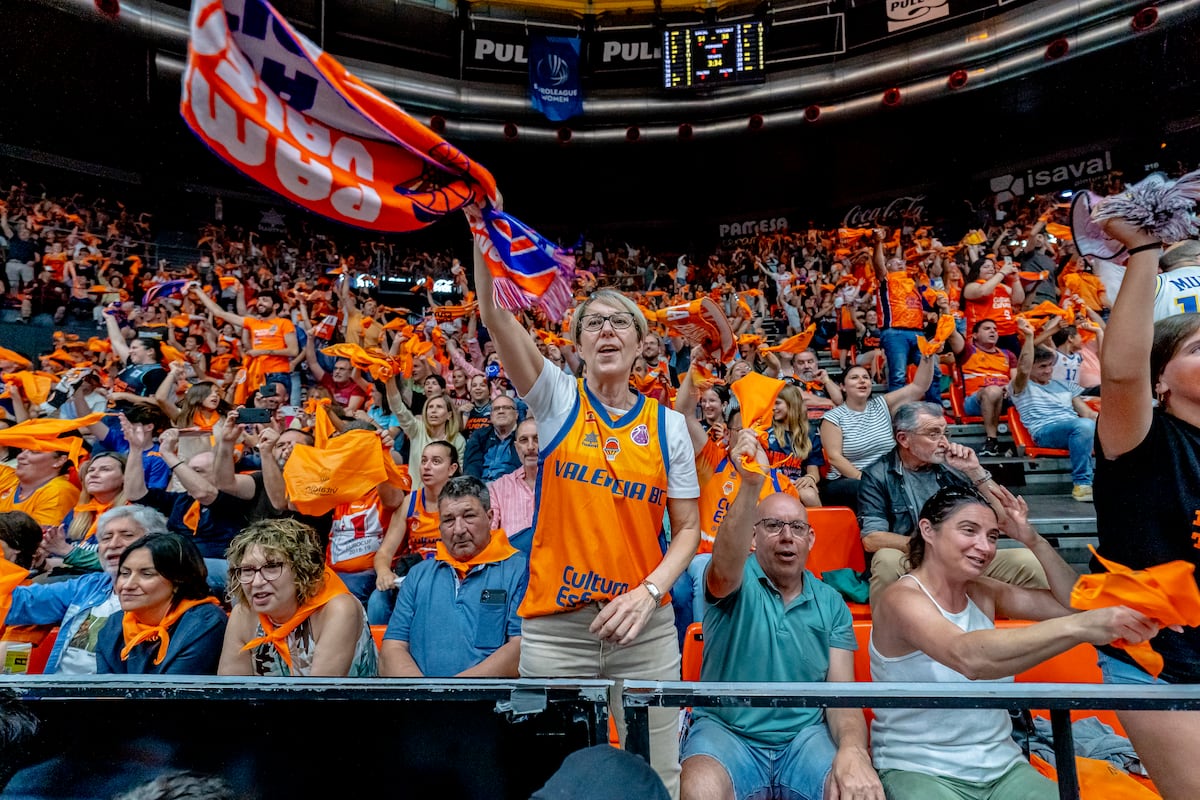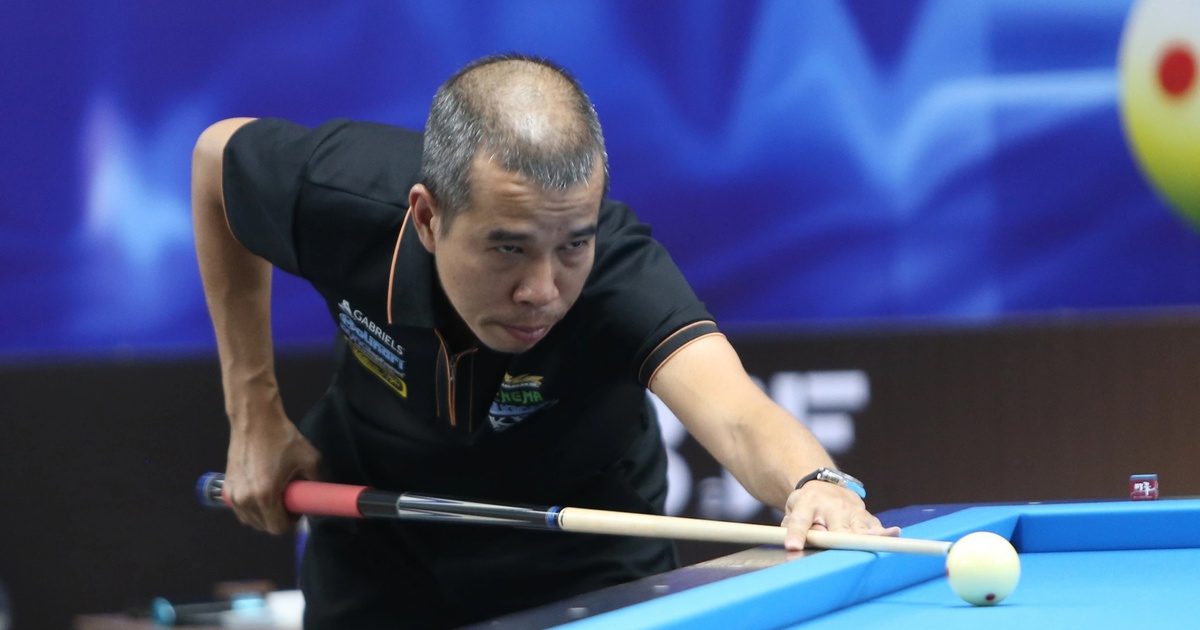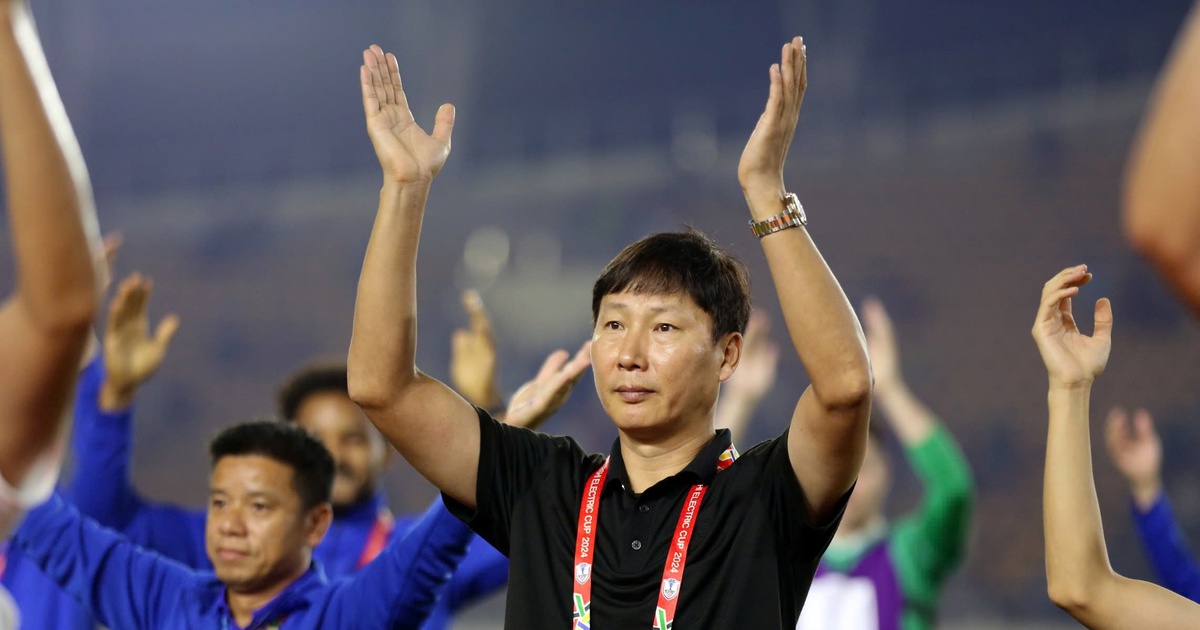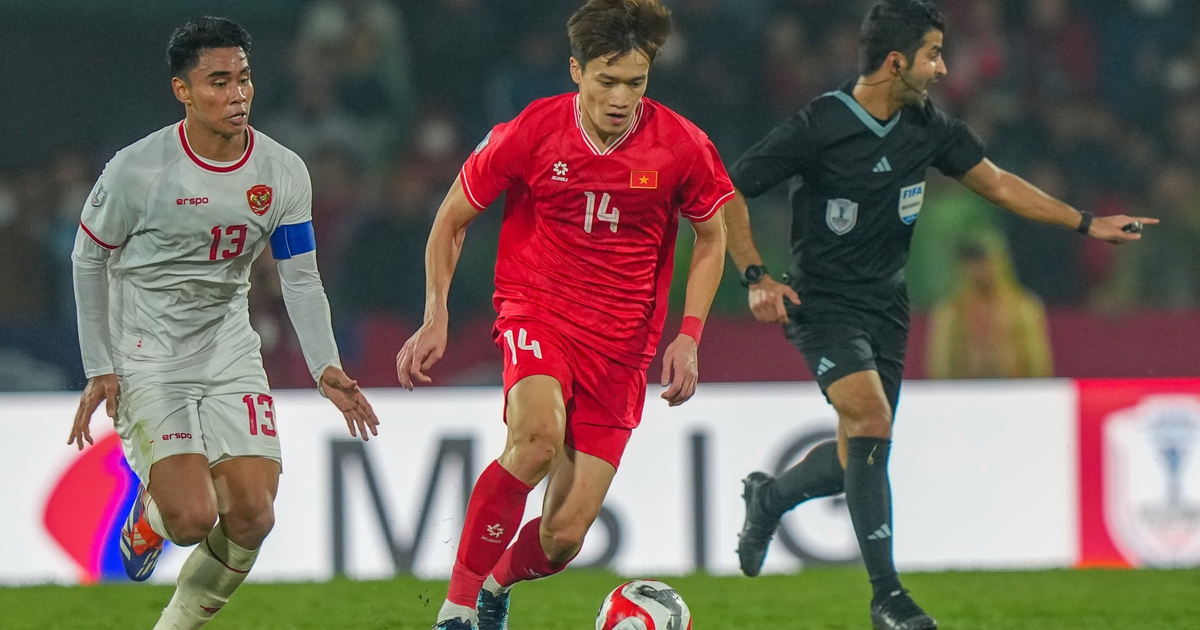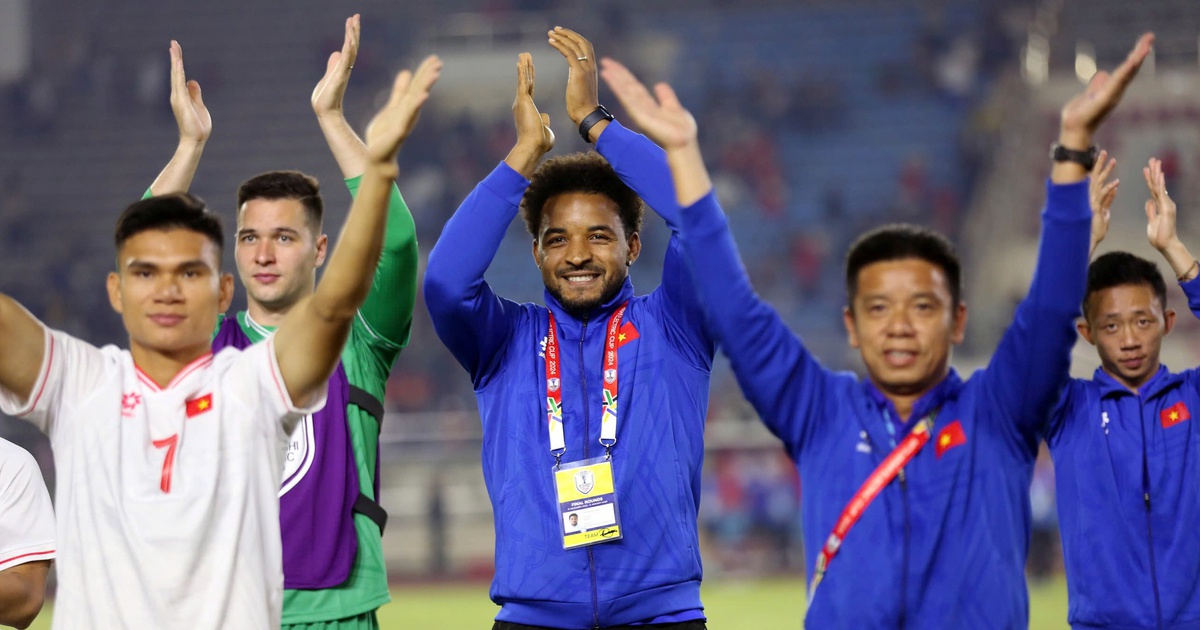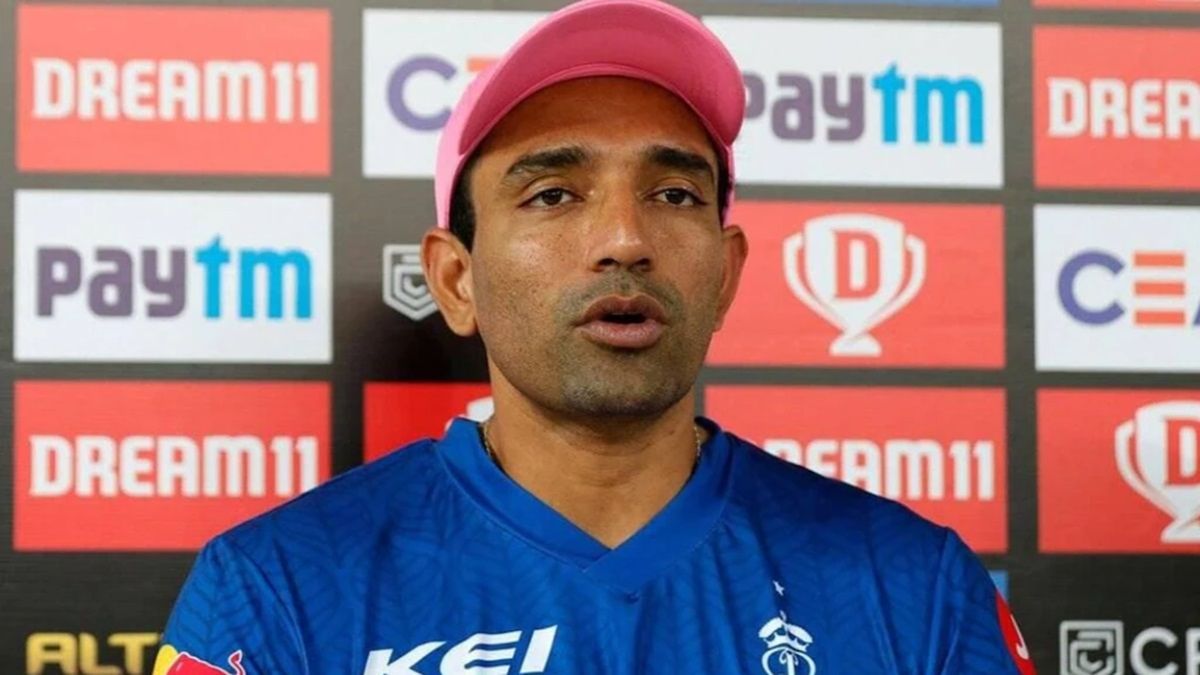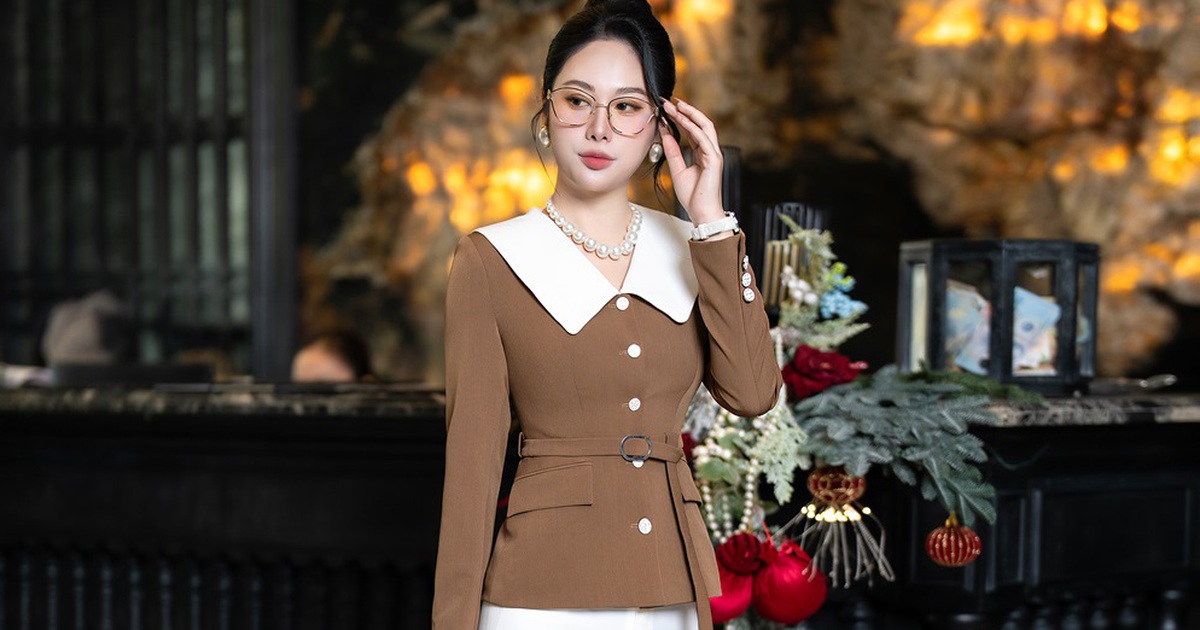There may come a day when your teenage daughter tells you: “I want to quit basketball” (or soccer, or any other team sport). Statistically, the most likely thing is that it will happen: three out of four drop out, as demonstrated by the Basket Girlz report promoted by Endesa. And, furthermore, surely her daughter will give convincing, almost irrefutable reasons: “With training I don’t have time to study for exams, I can’t see my friends…”. What does she answer? If she is tempted to tell you, “It’s okay,” think twice.
Because?
“Between a father with a poor diet who, say, has chorizo sandwiches for dinner every day, but goes out for a run every day; and one who eats vegetables and legumes every day but does not leave the couch, the one who has (and will transmit for up to two generations) better metabolic health is the first.”
R. Marín, neuroscientist and professor of Physiology
Science, as explained by the professor of Physiology Raquel Marín, author of the book Get your brain in shape, offers an arsenal of answers. We are clear that sport is good, but do we know to what extent it influences the health of those who practice it and even that of their descendants? It helps us live longer, to live better for longer — it is a more powerful weapon against the neurodegenerative process than food. But, in addition, children of athletic parents inherit some of their benefits: minds with more neurons and better connected, and also a better disposition to play sports and some of the cognitive skills that can make you stand out in a discipline like basketball. It is about epigenetic inheritance: if DNA were the electrical installation of each one, the cables of which we are composed, epigenetics would be the switches that would turn on some genes and turn off others, that would activate or deactivate them; With identical genetic material, two twins can be one thinner than the other, nicer or more shy, one more creative than the other… Therein lies part of the answer.
And, for those who have not had the fortune of being born to active parents, the disadvantage is not insurmountable, as Marín relates. The regular practice of sports activity will also gradually provide them with better metabolic health that they can then give to the next generation. And much more! Emotional management skills (an activity that consumes the bulk of brain energy in human beings, as demonstrated by Nobel Prize winner Rita Levi-Montalcini), social skills, better learning and memory capacity… After what the neuroscience expert reveals ( (and former basketball player!), are you still tempted not to encourage your daughter?
“The human being is physiologically nomadic. We were sedentary for 200,000 years and we have been sedentary for two TV shows. Moving legs mean better cognitive health and better memory.”
R. Marín, neuroscientist and professor of Physiology
Two stories of fathers, mothers and daughters (with a happy ending)
Valencia Basket this season has won a historic treble: Liga F Endesa, Copa de la Reina and Super Cup. It is no coincidence: in the city, around the L’Alqueria del Basket facilities, what is being developed is probably the best women’s basketball factory in Europe. Right there we find the stories of two youth players who put a face and body to Marín’s theses, two different paths that, however, are well directed towards the goal. Two protagonists who do not abandon.
At[person]’s house Lucia Rivas (2006), in Lliria, there was always a basket and a ball. His father, Diego, played basketball since he was a child and came to share a locker room with a Pamesa Valencia legend like guard Víctor Luengo. Pilar, her mother, also played, and she feels that basketball was always “the best thing in her life.” They both met on a track: “Since the first of our children was born,” says Pilar, “we take him with us in the carrycot to the games. He was very special: while his father or I played with him, it was our teammates who kept an eye on him and took care of him. He has experienced basketball since he was a baby and has memories of it. The three of them have lived it like this.” Alejandro (1998) and Diego (2003), Lucía’s older brothers, have also dedicated themselves to basketball: they play in LEB Plata (the bronze category of national basketball). Theirs seemed like a logical destination.
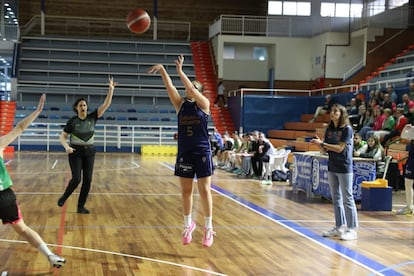
On the trading floor, there are few things that people like more. Edurne Estivalis (2010) than shooting a three-pointer (“If I miss, I know my teammates will be there to support me, and when it goes in… ugh”). His father was a sports enthusiast, he practiced basketball and windsurfing until at 20, when a motorcycle accident and 16 leg operations forced him to reconsider his hobby. Pascal and his wife, María Jesús, may not have bequeathed in blood to her daughter the talent that Edurne treasures, but they did inherit her passion and her way of facing the present and looking forward with optimism. They have built a supportive environment for a girl who, from the age of three, has shown that she has determination and attitude. First there were the school tennis tournaments (“he won them all,” they say) and, at the age of six, he crossed over to basketball: “It was noticeable from the beginning that he had an innate facility, privileged reflexes and control of his own body.” abnormal,” her father highlights about Edurne. This year she joined the Valencia Basket children’s team, she achieved her dream goal: joining the L’Alquería club.
“Stress is a huge risk factor for a mother’s offspring during pregnancy. And it is also an aging accelerator. The brain spends a lot of energy managing emotions. A basketball player who has been working on this management for many years when, for example, she has to shoot a free throw at the end of a game, will also be favored in those other aspects. ”
R. Marín, neuroscientist and professor of Physiology
What does it mean for two teenage girls to join youth teams that take as much care of their players as those of Valencia Basket?
“The pavilion and the institute are five minutes away. Although it is difficult to sit down and study after being tired from two training sessions, although sometimes you say: ‘I think I need a nap’, being here allows me to feel that I can combine studies [cursa primera de Bachillerato] and sport has never been a sacrifice. Effort yes, but not a problem. There is a sports psychologist, an academic coordinator…”, he explains. Lucia Rivas. For her, arriving in Valencia was a challenge: leaving the family home and moving to the capital. “I was clear that basketball was going to be my life since I played with kids who were scared of my strength.” [mide 188 cm]. And sport has given me much more than good physical shape: my social skills, an open mind, developed through living together and sharing goals with very different people. It has made me who I am…”
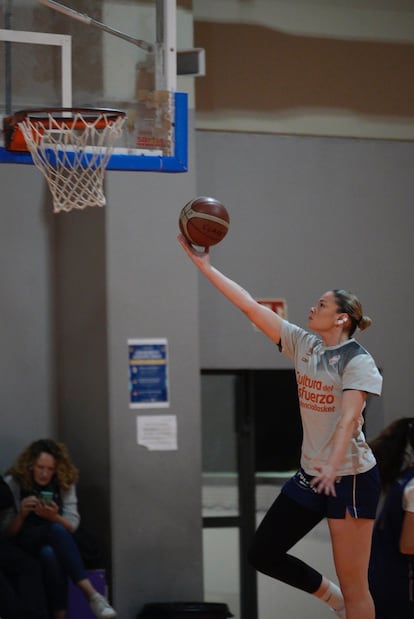
“There are cognitive qualities whose learning also arises and is transmitted in collective sports: working autonomously, assuming the consequences of your actions, managing your expectations and those of others, and developing social skills.”
R. Marín, neuroscientist and professor of Physiology
Rivas shares the center position with a generational colleague who has a brotherly friendship, Awa Fam, who is already standing out in the first team. They burned through all the stages of formative basketball together and, now, she is focused on accumulating experience to make the leap herself. With determination and conscience, without shortcuts. Because what he expects from basketball goes far beyond reaching or not reaching professionalism… “My dream is to raise my children as our parents have raised us: in a pavilion. “We have been happy forever.”
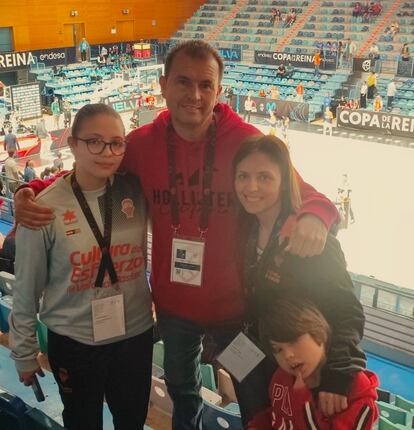
And, in both, you can see yourself as Edurne Estívalis, who also understands her team as a second family with whom she can grieve the difficult moments and enjoy the victories. “But we travel all over Spain to see her basketball friends play!” says her father, Pascal, amused, explaining that his daughter has built a network of friendships that goes beyond her teammates and reaches other players from all over the country. And that they themselves have done the same with other parents. “Now we spend the year going here and there cheering on the girls and having fun with them.”
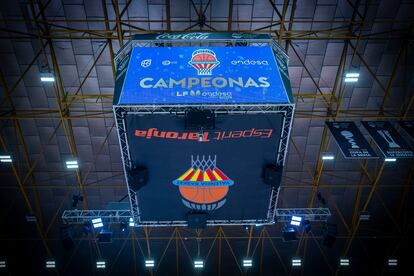
Awards for the best idea to stop early abandonment
Endesa and its awards Basket Girlz They look for projects that promote women’s basketball in formative stages. Until Tuesday, May 20, those who have or want to make initiatives that seek to educate girls and young people in the values that basketball promotes can register on this website. The best idea will receive 5,000 euros in funding, to help remedy premature abandonment.

